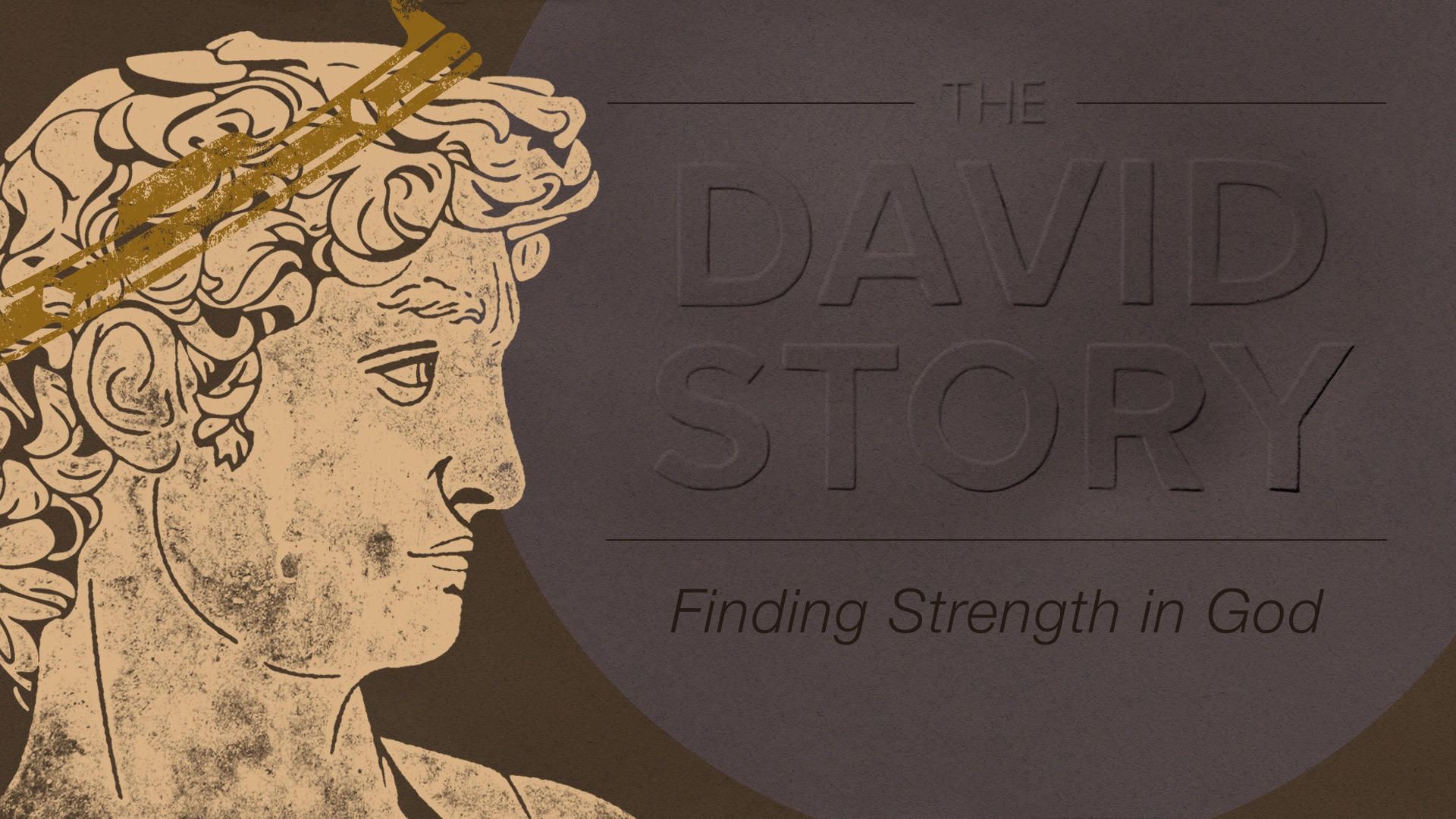One More Thing
Hi Five Oakers, The weekend is just about here and there are a few things I want to share with you.

The Weekend
Dan Lukas is preaching this weekend in our 2 Samuel series, focusing on chapters 13-15. We've been talking about his sermon all week and I can't wait to hear it. Here's what he says about it:
David steals another man’s wife. David's son rapes his sister. David plots and murders to coverup his sin. David’s other son plots and murders to avenge his sisters rape. David’s sin has given birth to more sin and everything around him is spiraling dangerously out of control.
The consequences of sin are real and frightening, and we are foolish if gloss over them. This weekend we’ll take a hard look at sin, it’s consequences and God’s grace for us. We’ll use David’s life as a starting point to examine our own lives; to see our sin and remember how to let God’s mercy and grace heal our broken lives. It’s crucial we learn how to let God restore us from our sin. I can’t wait to share with each of you what I sense God has taught me in David’s story yet again.
FYI
Russell Moore on "The Opportunity to Be Sojourners and Strangers: We don't have Mayberry anymore, if we ever did. Good. Mayberry can lead to hell just as surely as Gomorrah does"
It's precisely these headwinds of cultural change that afford evangelicals the opportunity to be what the Bible says we are: Sojourners and strangers. When we cannot comfortably assume that our neighbors agree with us about the good life, we are forced to articulate the Gospel.
Logan Gentry on "The Only Way to Make Disciples"
Discipleship has often been viewed as an up-and-to-the-right straight process of successful growth, but discipleship is way messier than that, involves setbacks, patience, and a belief in the power of the gospel of Jesus Christ to overcome every sin, struggle, and trial. The only way we will make actual disciples of Jesus instead of religious look-alikes is to embrace the mess, get dirty ourselves, and push through the mud to model Jesus’ incarnation.
Francie Winslow on "My Journey to Seeing the Goodness of God in the Gift of Sex: A Theology of Sex and Parenting"
Although I grew up in the Bible belt and was deeply involved in church, I crossed the threshold of marriage without a clear understanding of how to positively approach sex. Sex was more of a dirty duty than a divine gift. I lacked a theology of sexuality and as a result, my understanding of the value of sex was disjointed.One More Thing
One More Thing
Here's the Eugene Peterson quote from last weekend's sermon.
The basic, fundamental condition of our humanity is God. We’re created by God. We’re redeemed by God. We’re blessed by God. We’re provided for by God. We're loved by God. Sin is the denial or ignorance or avoidance of that basic condition. Sin is the word we use to designate the perverseness of will by which we attempt being our own gods, or making for ourselves other gods. Sin isn't essentially a moral term, designating items of wrongdoing; it's a spiritual term, designating our God–avoidance and our god–pretensions. (From Leap Over a Wall)